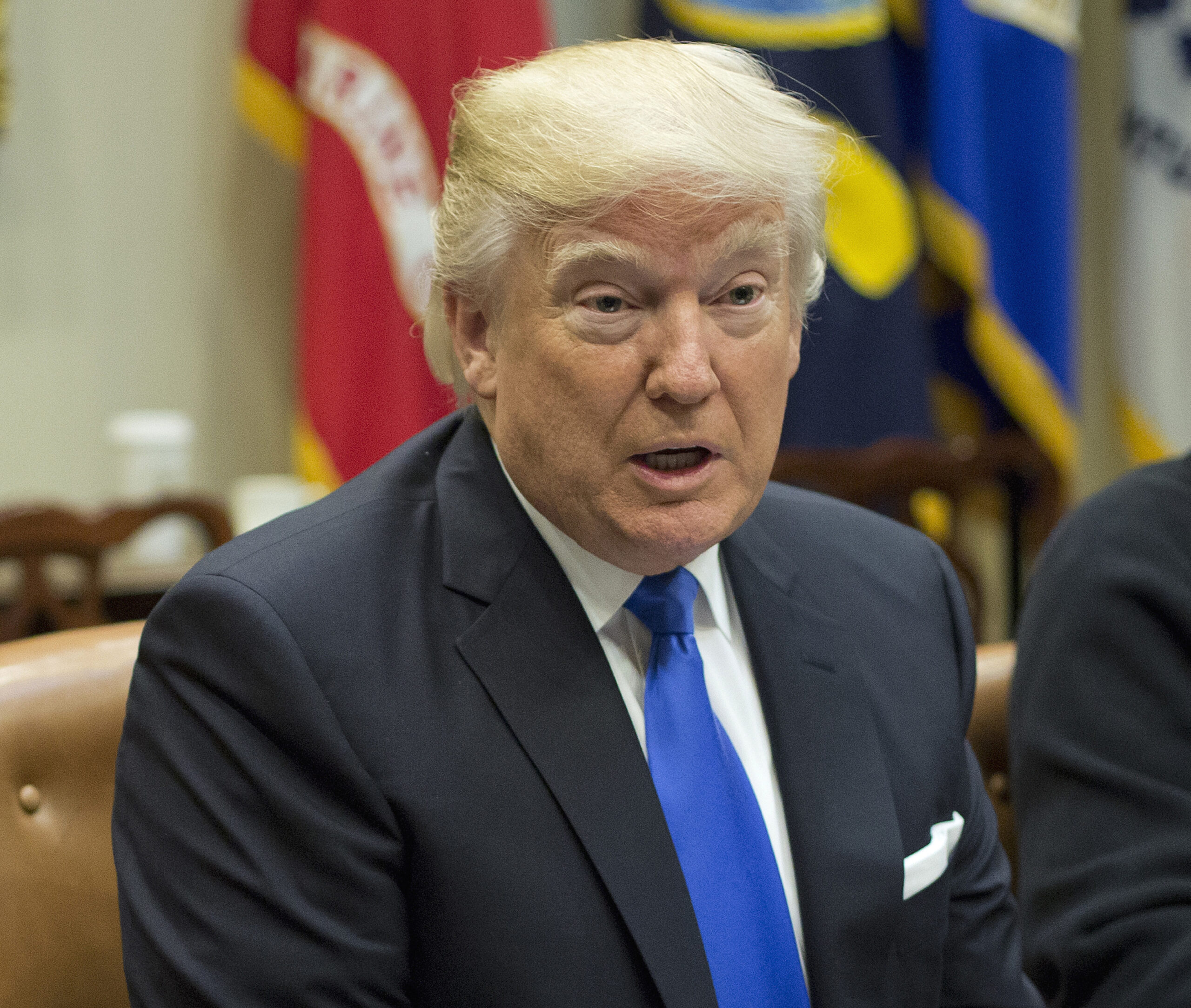On Friday morning President Donald Trump made it clear that he wasn’t backing away from an idea that has earned him considerable backlash from conservatives shortly after it was announced. He’s dead set on a trade war, charging full speed ahead with plans to increase tariffs on steel and aluminum.
When a country Taxes our products coming in at, say, 50%, and we Tax the same product coming into our country at ZERO, not fair or smart. We will soon be starting RECIPROCAL TAXES so that we will charge the same thing as they charge us. $800 Billion Trade Deficit-have no choice!
— Donald J. Trump (@realDonaldTrump) March 2, 2018
The problem with this tweet is that, regardless of how one feels about tariff policy, its basic premises are detached from economic reality.
“The proclamation contained within a Tweet that trade wars are good and easy to win shows a stunning lack of appreciation for history, including the lessons of the Great Depression,” Mark Hamrick, senior economic analyst at Bankrate.com in Washington, told Salon.
“I don’t know anybody that has a 50 percent across the board tax on imports,” said Robert E. Scott, the senior economic at the Economic Policy Institute. “The only across the board taxes that I know of are value-added taxes, like sales taxes, and the highest ones that I know of in the world are mostly in Western Europe. The highest one is 27 percent in Hungary, followed by 25 percent in Denmark, and a number of other countries in the range of 23 to 25 percent (Norway, Ireland, Portugal, Sweden).”
In fact, the concept of jacking up tariff rates to such extreme highs is one that would seem to benefit virtually no one invested in America’s success.
“I can imagine anyone who wants to disrupt the global financial system and sow chaos in the United States economy would be a fan of that,” Hamrick told Salon. “If you want to rein in the third-longest economic expansion since the end of WWII, crimp profits at a time when stock market valuations have been called into question by rising interest rates, force consumers to withstand price increases and put millions of metals-reliant and other jobs at risk, the president’s stated intention of placing costly tariffs on imported steel and aluminum is an effective way to start.”
“And at first glance,” Hamrick explained, “you could imagine that steel industry executives, investors and workers are pleased, but this could come back and hurt all of those stakeholders because of the risk that widens and hurts broader US economic activity.”
Unfortunately, as Hamrick noted, some of that broader harm is already being felt.
“Clearly just his utterances do damage to our alliances. For example, our already strained relationships with the US and Canada,” Hamrick told Salon. “And who would have imagined a couple years ago that we’d be in a situation where relations with Canada and Mexico were in trouble?”
He added, “The immediate risk is that his threats to renegotiate NAFTA are severely hampered.”
It also doesn’t help that Trump’s trade proclamations raise doubts as to his own understanding of these complex economic issues.
“I think he has a basic understanding of some of the issues involved,” Scott told Salon. “My impression is that he does not have the ability to think strategically about how to address our manufacturing and trade problems.”


